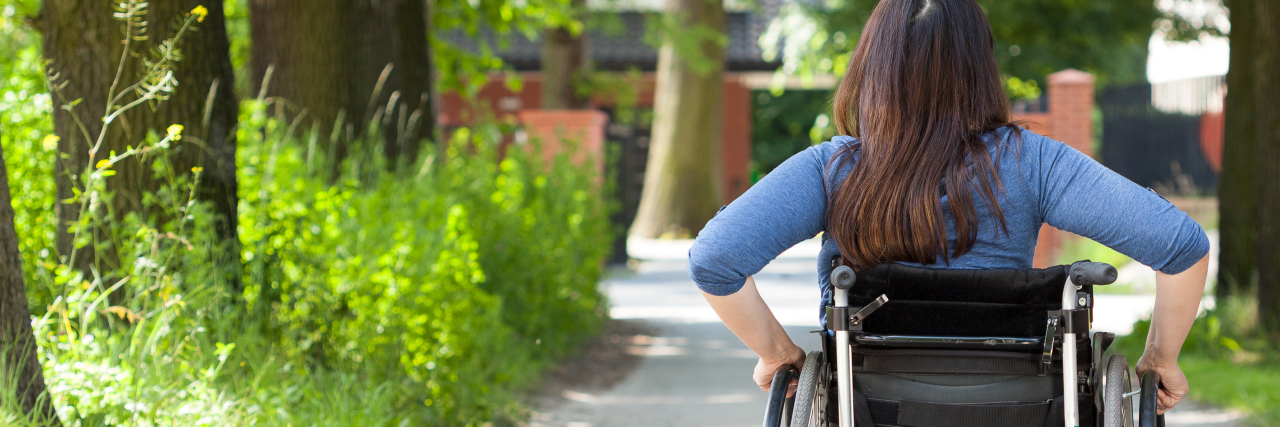What happens to disabled children when they become adults? This might sound like a simple question, but sometimes I’m not sure if there’s such a clear-cut answer. Obviously we become adults, but the focus in the beginning is either on our parents and their new role as a “special needs” parent, or on the services kids with disabilities need for early intervention. While these things are important, it’s also important to focus on the fact that these kids will eventually become adults with a disability.
It’s not like a fairy godmother appears on the eve of your 18th birthday and magically takes away your disability. Services for young adults and adults with disabilities shouldn’t be so difficult to find. And transition fairs can make things even more frustrating. Transition fairs on themes like “Life After High School” are a good idea and have positive intentions as their end goal. In reality, I think people often aren’t really sure what you’re going to do after high school because there isn’t a focus on the range of abilities you might have, along with a workable plan to maximize your strengths. Combining this with the types of supports necessary to live as an adult who has a disability is not only necessary, but would augment quality of life. These services working in conjunction with each other would maximize the chances of the most successful future possible for a person.
Sadly, stigma still exists about people with disabilities living away from our families, having outside relationships and even being productive members of society. It’s not the goal of every person with a disability to live with their parents or other family members for their entire lives. We’re able to get an education and even travel the world to experience different things if that’s what we choose to do. It’s a disservice for us to have to live with family members for longer periods than necessary. Although parents and families may feel they should do this out of love and for the protection of their loved one, this may not be the best solution. What will the person who is disabled going to do once those people are no longer able to care for them? At whatever age they’re left to start living on their own, they may not know where to begin.
Amplifying the obstacles of preparing to live independently is the disconnect that occurs within agencies. On many occasions, their solution is telling a person to call someone else to find the resources they need. Just as there are a range of ways a disability affects someone, the same should be true as far as the range of independence resources available. It may seem like an overwhelming task to undertake, but once a standard list is created, it wouldn’t be difficult to maintain or even update.
We’re no longer living in a time where someone with a disability isn’t an active participant in society. There should be a viable list of resources compiled by an agency and updated in intervals so there’s a starting point of where to turn when you’re ready to leave your parents’ home. Instead there’s the knee jerk reaction of “this isn’t something we do but, here’s a number for that.” By the end of the first day of your quest, you may unnecessarily be left more frustrated about the situation than excited about the new phase your life is about to take.
Our journey should be approached as a productive and positive collaboration between the person with a disability and other agencies charged with helping us reach for our independence. Being able to acquire the supports we need and information on our own would be the first step in the right direction. As a person with a disability, these supports can open us to unlimited personal growth in many areas of life, regardless of our limitations.
Becoming a young adult is already riddled with the unknown every which way we turn. It doesn’t have to also be filled with more fear then necessary. If we can be armed with age and disability relevant information, we can have an action plan and the proper supports available for when we’re ready to make the transition to living independently. As a result, there would be less of a stigma surrounding living as a person with a disability in society. Furthermore, our abilities to positively impact and actively contribute to society would proportionately drown out our limitations. Society might see us as people first instead of mistakenly thinking we’re defined by our disabilities. This would help bring society’s idea of what it is to be a person with a disability into the 21st century.
We want to hear your story. Become a Mighty contributor here.

